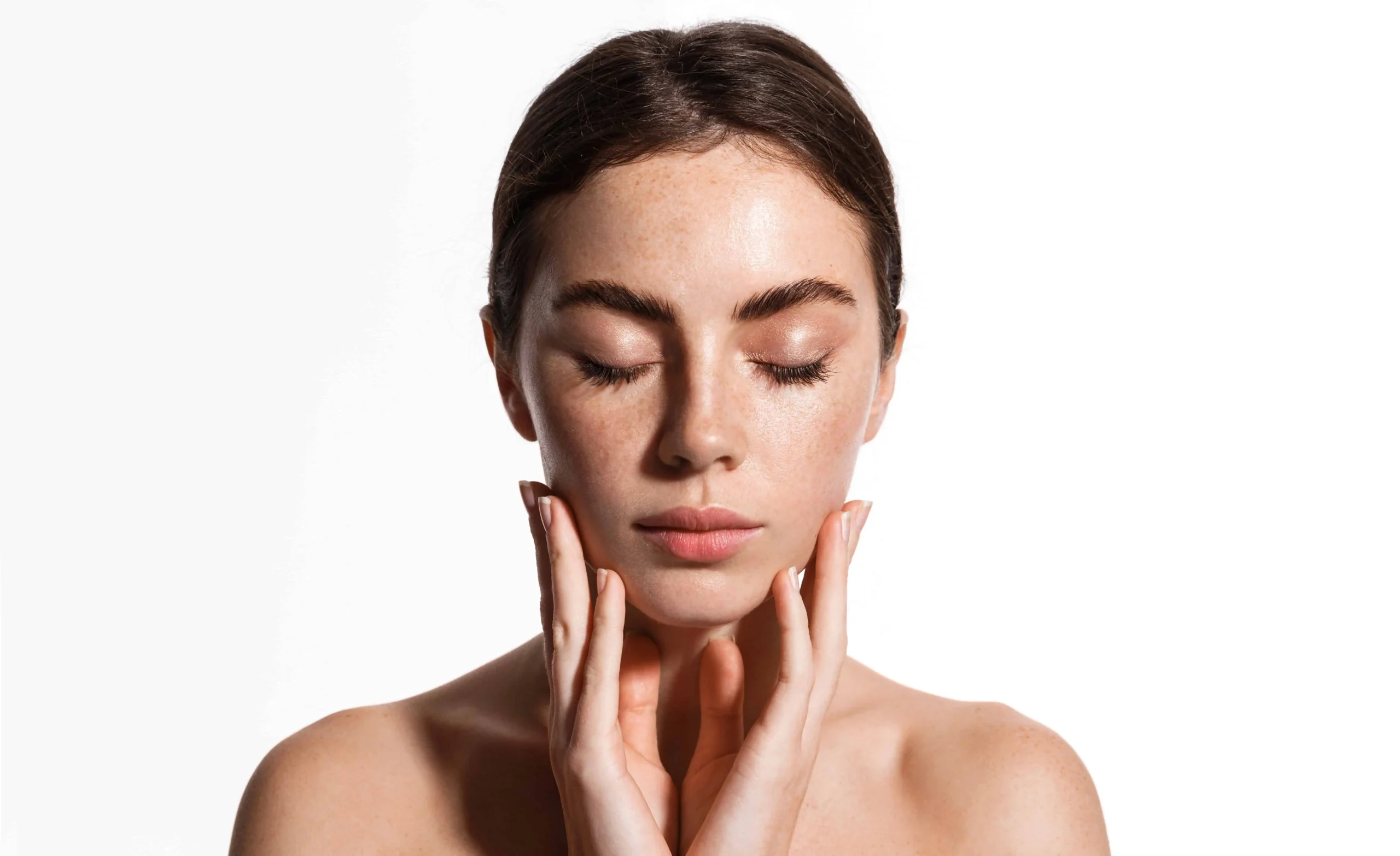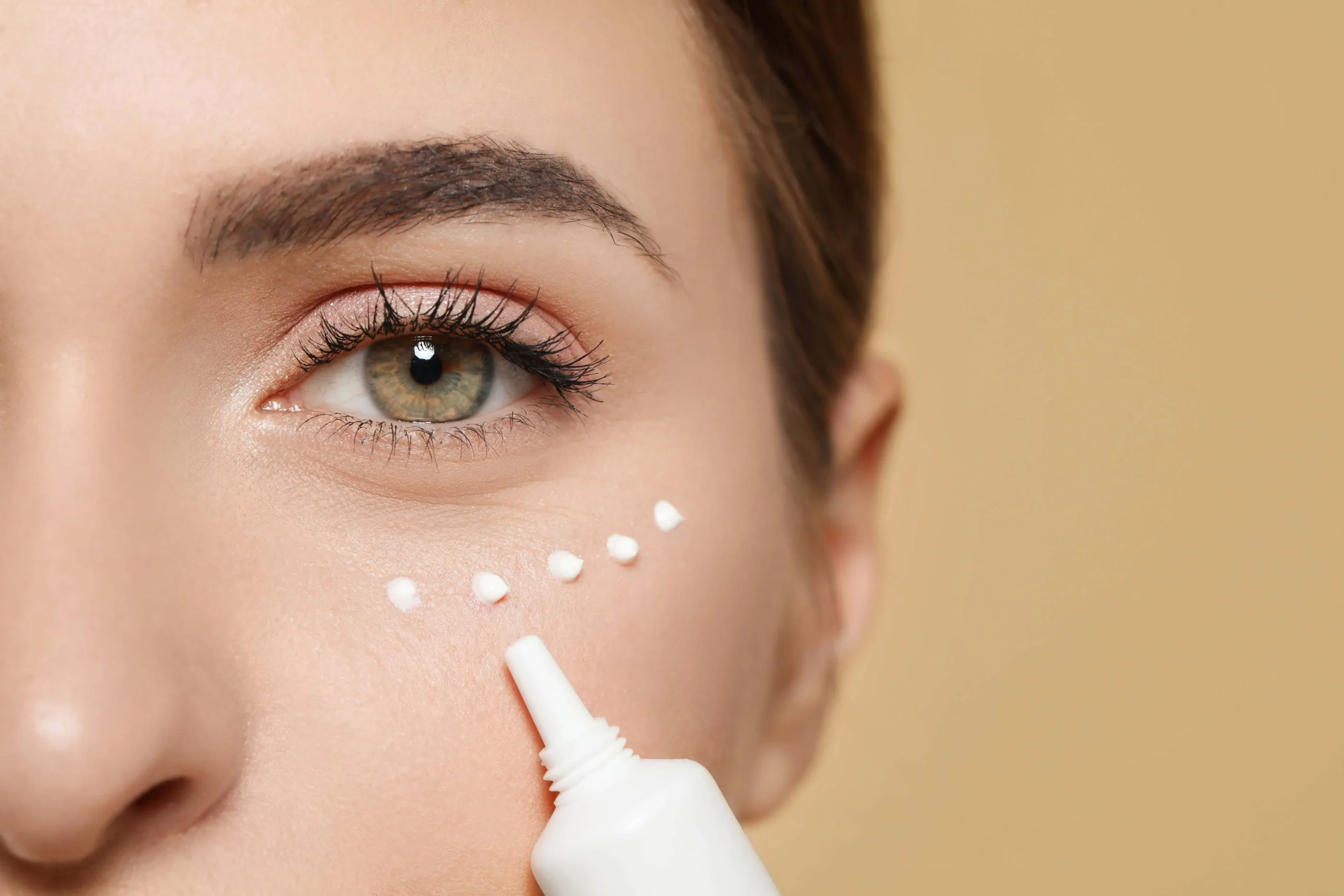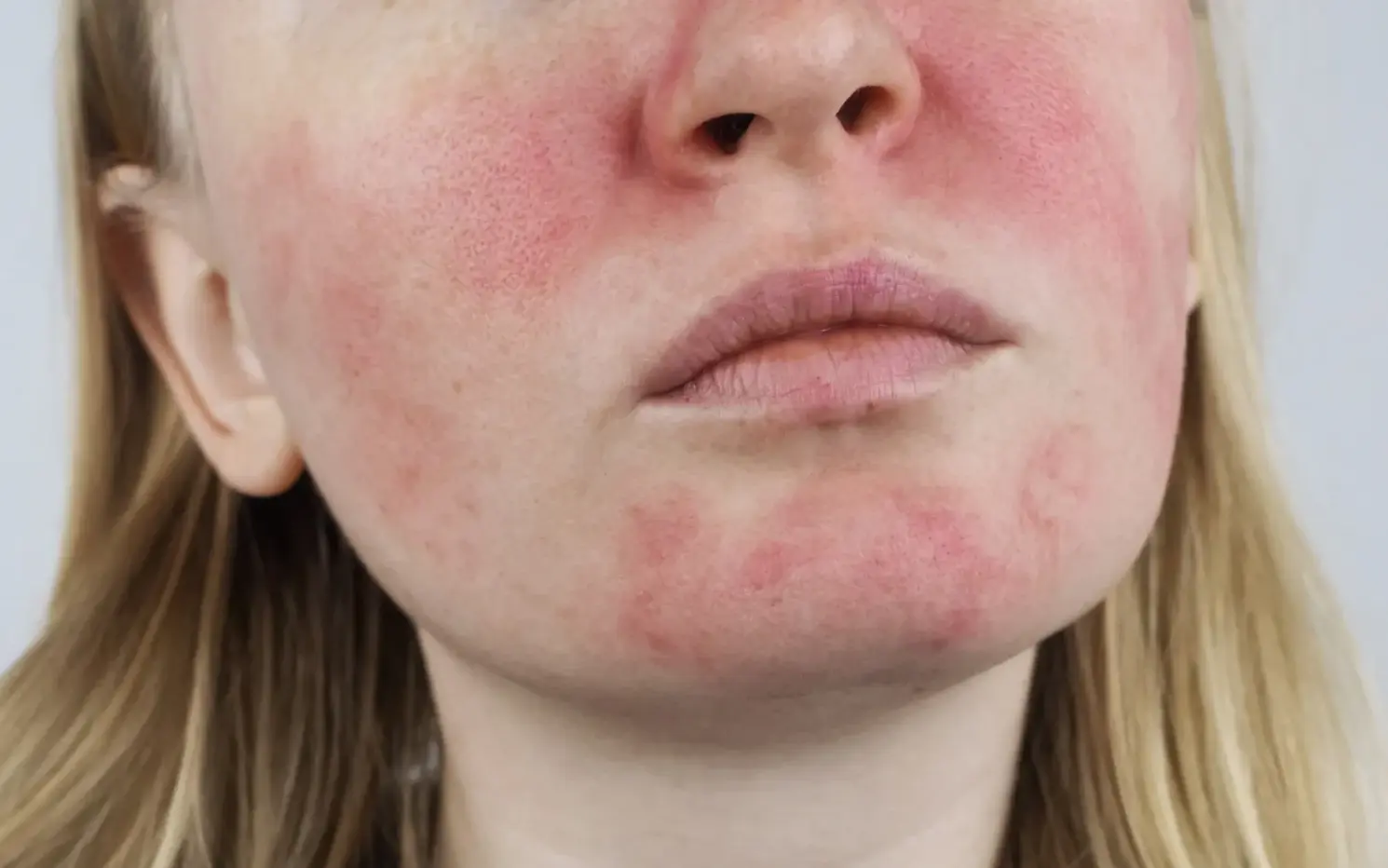In recent years, do-it-yourself (DIY) skincare remedies have gained popularity as natural, cost-effective alternatives to commercial products. From homemade masks to DIY exfoliants, these remedies often promise glowing skin using ingredients readily available at home. While DIY skincare can be fun and occasionally effective, there are significant risks associated with overusing these homemade treatments. This blog post explores the potential dangers of excessive reliance on DIY facial remedies and provides guidance on using them safely to avoid compromising your skin’s health.
Understanding DIY Facial Remedies
DIY facial remedies typically involve using natural ingredients like fruits, oils, herbs, and pantry staples such as honey and yogurt. Advocates of DIY skincare praise its simplicity, affordability, and the ability to customize formulations to individual skin needs. Common DIY treatments include:
- Homemade Masks: Using ingredients like avocado, oatmeal, honey, and yogurt to cleanse, exfoliate, or hydrate the skin.
- Facial Scrubs: Blending ingredients like sugar, coffee grounds, or sea salt with oils to slough off dead skin cells and promote smoothness.
- Natural Toners: Using ingredients such as apple cider vinegar or witch hazel diluted with water to balance skin pH and tighten pores.
Risks of Overusing DIY Facial Remedies
- Skin Sensitivity and Irritation:
- Many DIY ingredients, even natural ones, can be harsh or irritating, especially when used in high concentrations or on sensitive skin.
- Overusing acidic ingredients like lemon juice or vinegar can disrupt the skin’s natural pH balance, leading to redness, inflammation, or chemical burns.
- Allergic Reactions:
- Natural ingredients can still trigger allergic reactions or sensitivities, causing itching, swelling, or rashes.
- DIY recipes may include ingredients that individuals are allergic to, such as nuts or certain essential oils, without adequate prior knowledge or testing.
- Lack of Preservation:
- DIY products often lack preservatives, increasing the risk of bacterial or fungal contamination over time.
- Using contaminated products can lead to infections or exacerbate existing skin conditions like acne or eczema.
- Incorrect Formulation:
- Without proper knowledge or expertise, DIY formulations may not be properly balanced or effective.
- Incorrect ratios of ingredients or improper mixing can render the treatment ineffective or even harmful to the skin.
- Delayed Results or Exacerbated Issues:
- DIY remedies may not deliver the desired results compared to professionally formulated skincare products with clinically proven ingredients.
- Continued use of ineffective DIY treatments can delay seeking appropriate skincare solutions for concerns like acne, aging, or pigmentation.
Safe Practices for Using DIY Facial Remedies
- Patch Test Before Use:
- Always perform a patch test on a small area of skin before applying a DIY remedy to the face.
- Wait for at least 24-48 hours to check for any side effects, such as redness, itching, or swelling.
- Use Moderately and Infrequently:
- Incorporate DIY treatments into your skincare routine sparingly, such as once a week or every other week.
- Avoid daily or excessive use to minimize the risk of irritation or sensitivity.
- Know Your Ingredients:
- Research the properties and potential risks of each ingredient before using it in a DIY remedy.
- Be cautious of ingredients that may interact negatively with certain skin conditions or medications.
- Consult a Dermatologist:
- If you have sensitive skin, allergies, or specific skin concerns, consult a dermatologist before using DIY remedies.
- A dermatologist can provide personalized recommendations and suggest safe alternatives or professional treatments.
Conclusion
While DIY facial remedies can be a fun and budget-friendly addition to your skincare routine, it’s crucial to approach them with caution and moderation. Understanding the potential risks, practicing safe application techniques, and knowing when to seek professional advice can help protect your skin’s health and ensure a positive skincare experience. By balancing DIY creativity with informed skincare choices, you can enjoy the benefits of natural ingredients while maintaining a clear, healthy complexion for the long term.





